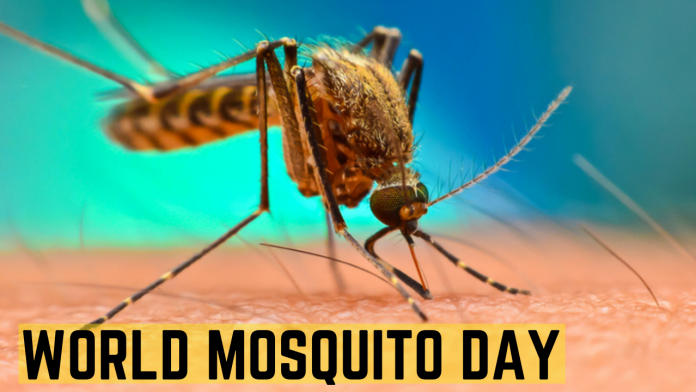Every year, World Mosquito Day is celebrated on August 20. This is done to commemorate the contributions of British doctor Sir Ronald Ross who was the first person to discover the connection between malaria and female anopheline mosquitoes. Every year, World Mosquito Day is celebrated to create awareness about the dangers of mosquitoes, the ways by which we can protect ourselves from these diseases, and to rise together to combat these insects. As we gear up to celebrate this day, here are a few facts to keep in mind.
Significance of World Mosquito Day 2023
This day is also observed by raising awareness about the dangers of these diseases. Fundraising is done to explore the cure for malaria. The works of scientists such as Ronald Ross and others are also applauded on this day.
Celebrations of World Mosquito Day 2023
One of the best ways to observe World Mosquito Day is by raising funds to help people treat diseases such as malaria, dengue and zika. We can also read about the dangers of mosquitoes online and get informed. To commemorate this groundbreaking discovery, World Mosquito Day was founded and is celebrated every year on 20 August. The main motive behind observing World Mosquito Day is to make a world free of mosquito-borne diseases.
The History of World Mosquito Day
On August 20, 1897, a British doctor made a groundbreaking discovery. Sir Ronald Ross found that female Anopheles mosquitoes transmit malaria between humans. The parasite was located in the mosquito’s stomach.
To commemorate this moment in history, World Mosquito Day (WMD) was founded. Each year, WMD presents us with an opportunity to raise awareness of the dangers posed by mosquito-borne diseases and the ongoing efforts to combat the world’s deadliest creature.



 Indian Olympic Medal Winners List Till N...
Indian Olympic Medal Winners List Till N...
 Who is the Inventor of the Gramophone?
Who is the Inventor of the Gramophone?
 HS Dhaliwal Appointed New DGP Of Andaman...
HS Dhaliwal Appointed New DGP Of Andaman...
